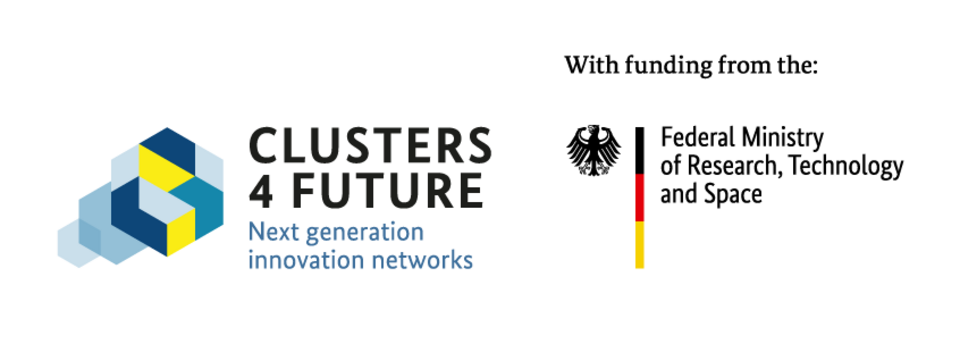SEMECO - The Future is Secure
SEMECO Redefines Medical Device Networking
In the SEMECO (Secure Medical Microsystems and Communication) future cluster, scientists, physicians and engineers are laying the foundations for reliable and secure digital networking of medical devices. At the same time, interdisciplinary collaboration is creating a platform that will enable accelerated and secure approval of medical devices. The approach is to certify the individual components of a medical device.
Since May 2023, scientists work together in eight different subprojects within the SEMECO framework. For an initial project period of three years, the funding amounts to up to 15 million euros.
Barkhausen Institut is participating in the following projects within the SEMECO network:
New data transmission technology for computer tomographs
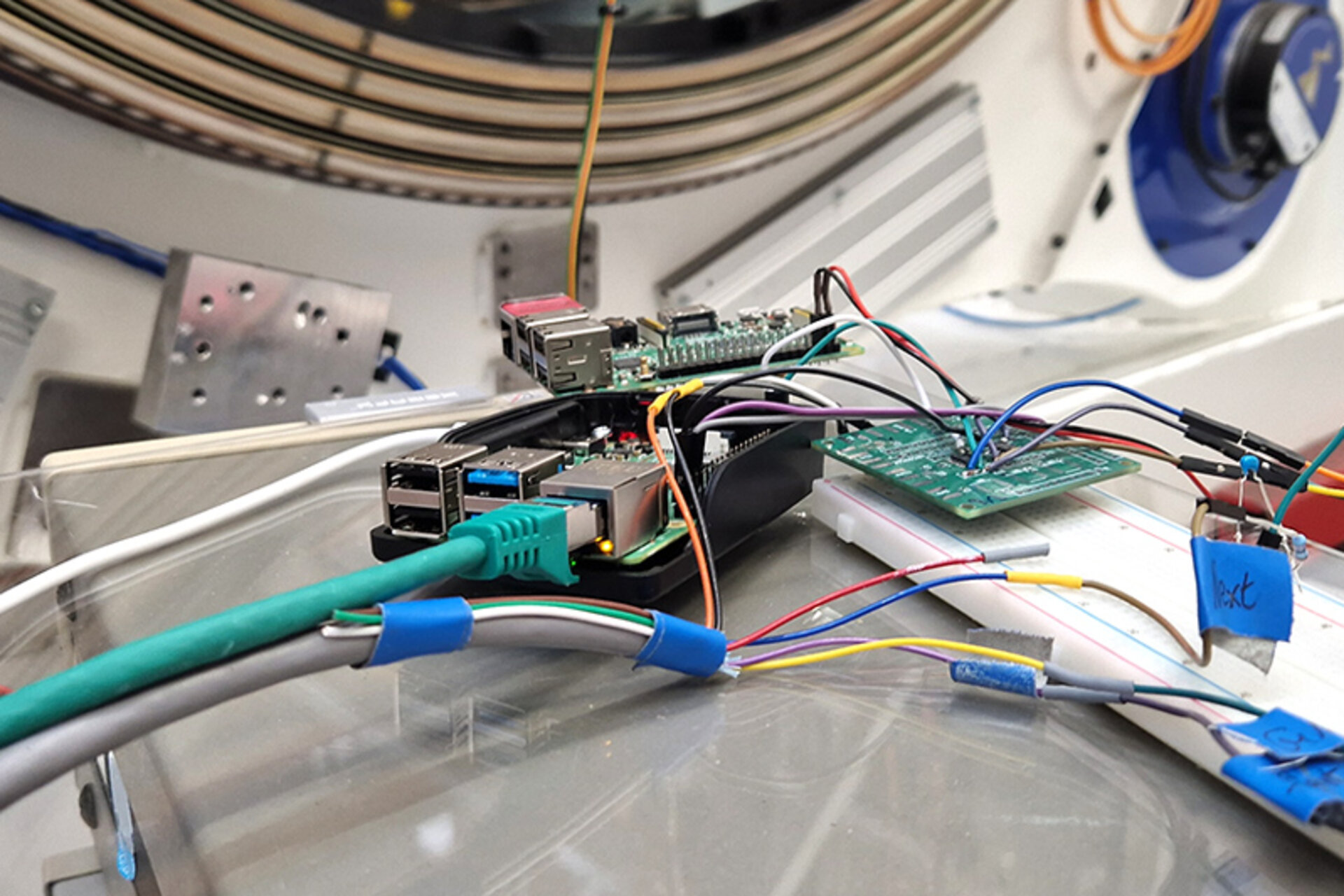
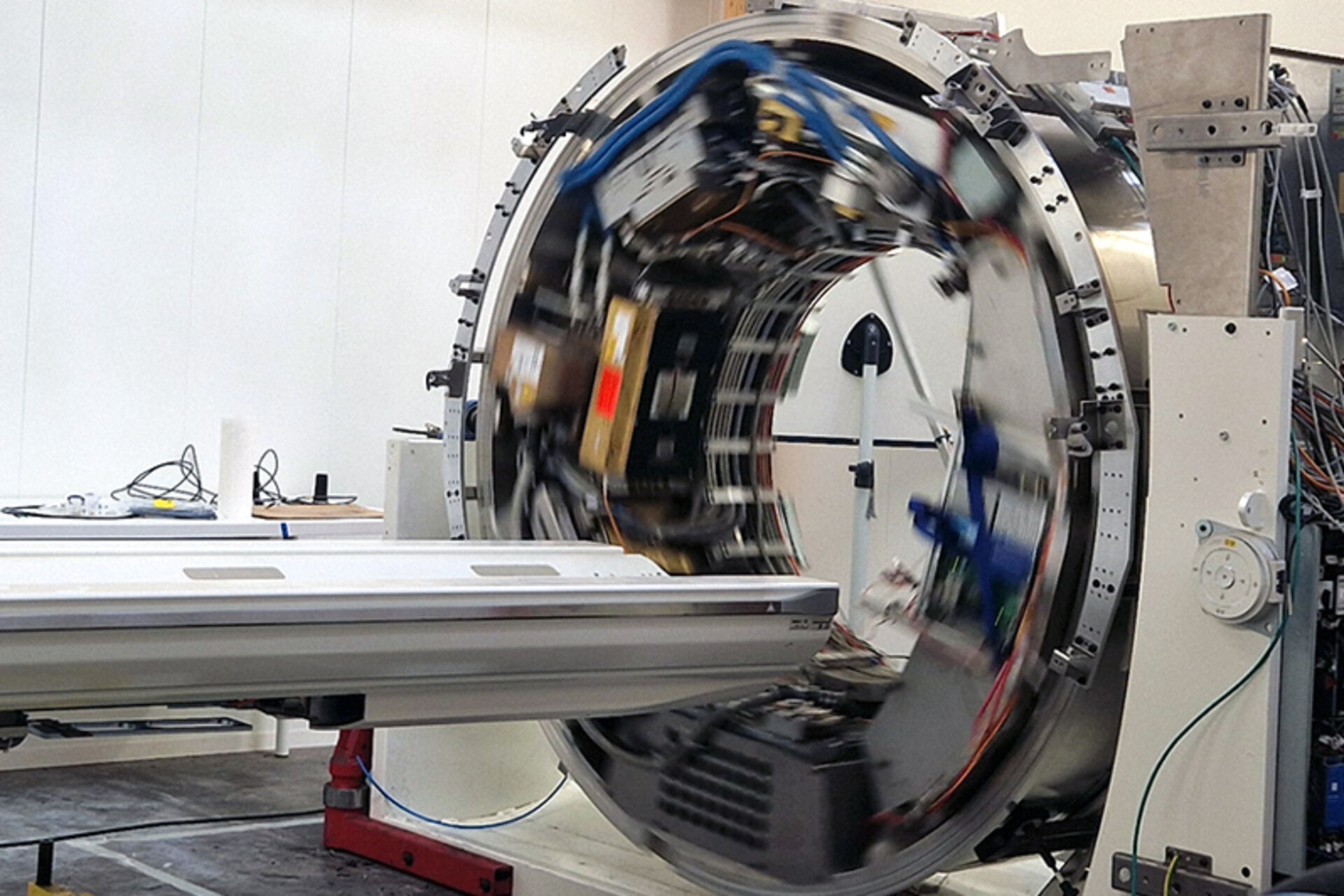
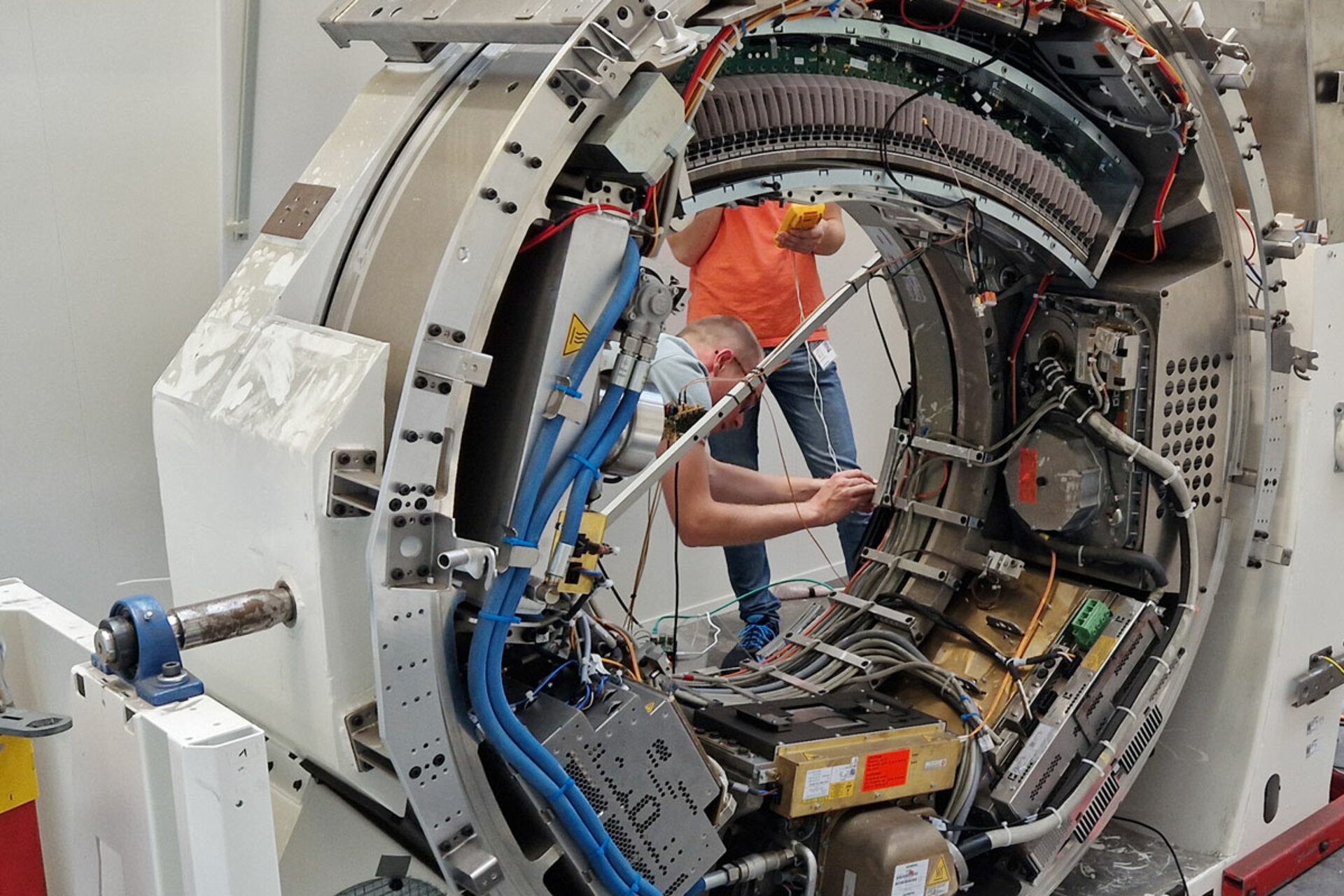
In the subproject "New data transmission technology for computer tomographs,” an improved data communication solution for computer tomographs is to be developed. In the future, these are to replace the wear-prone and costly slip ring systems. This will shorten scan times and reduce the maintenance requirements of the devices. In the future, it will be possible to process higher data rates from new sensor generations.
Project duration: 2023 - 2026
Cooperation partners: Siemens Healthineers, Fraunhofer IZM, Technische Universität Dresden
Contact: Dr. Padmanava Sen (padmanava.sen@barkhauseninstitut.org)
Secure & Trustworthy System Architectures
The subproject "Secure & Trustworthy System Architectures" focuses on the development of a secure and trustworthy digital platform for medical microsystems. Medical microsystems are small medical devices equipped with sensors and electronics (microprocessors) that can be used in medicine for both diagnostics and therapy. The focus of the project is on the overall security architecture to enable data protection-compliant processing of sensitive medical data in the cloud.
Project duration: 2023 - 2026
Cooperation partners: Cyberus, Infineon, core concept, secunet, T-Systems MMS, Carl Zeiss Digital Innovation, TU Dresden.
Contact: Dr.-Ing. Stefan Köpsell (stefan.koepsell@barkhauseninstitut.org)
Economic Transfer and Science Communication
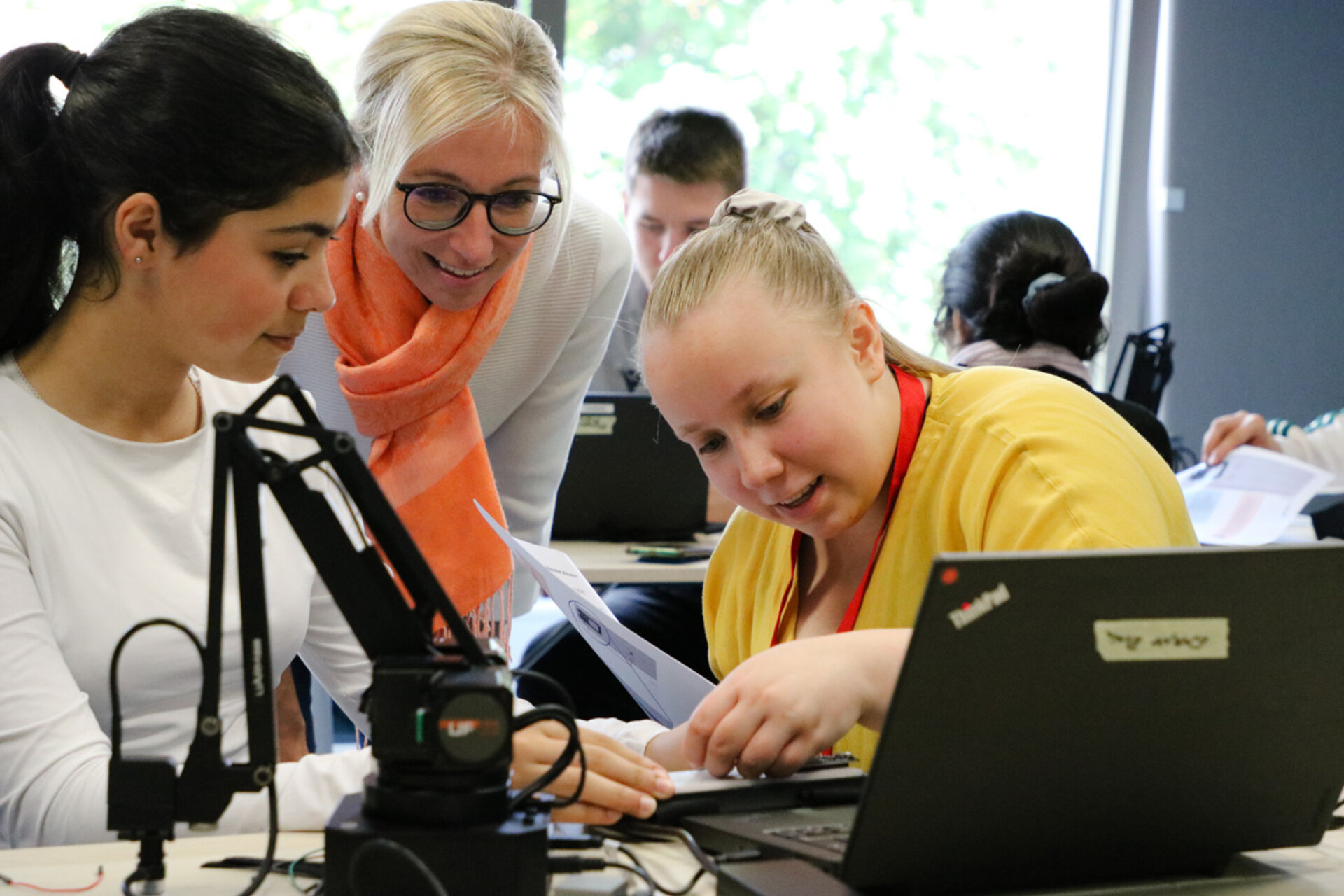
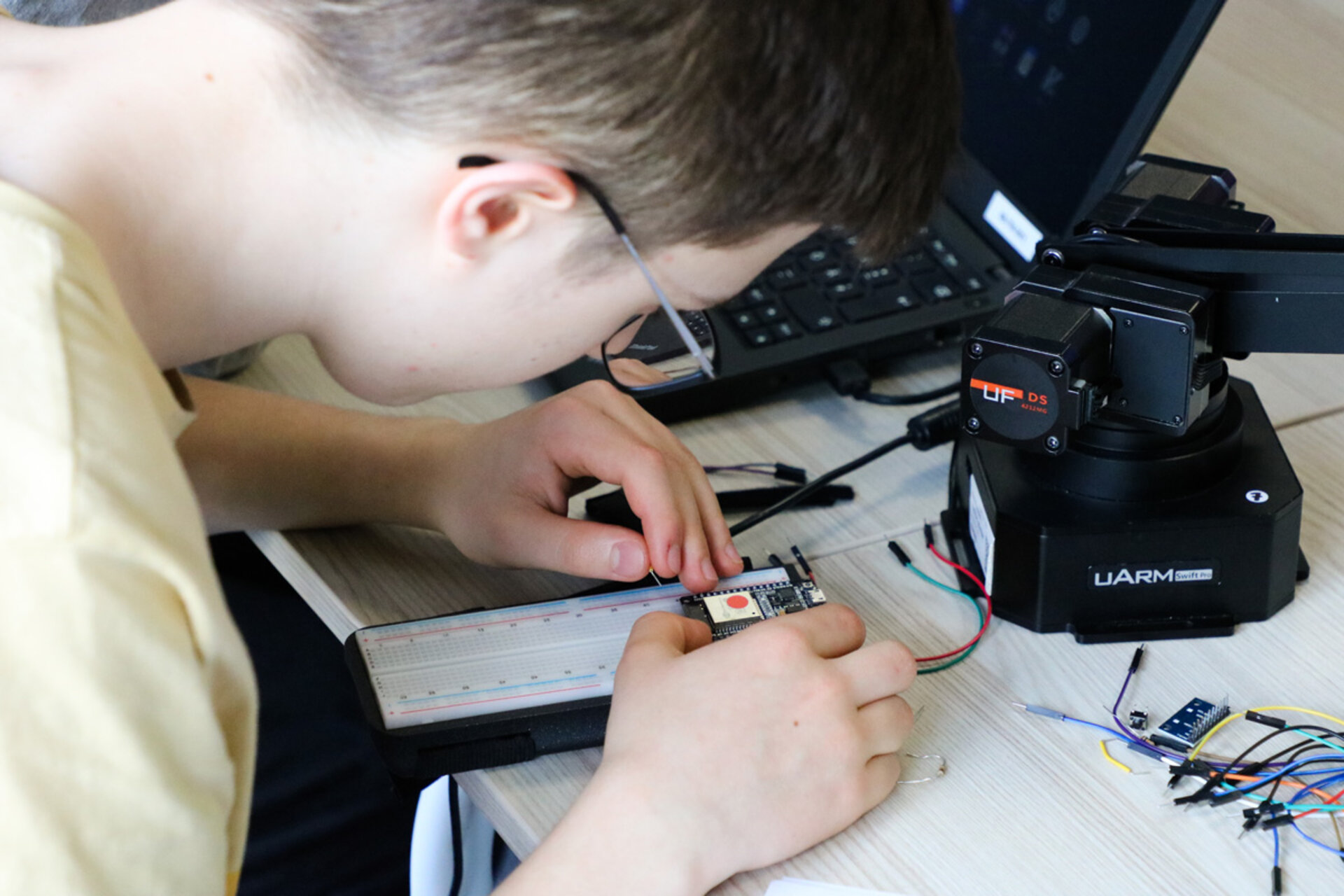
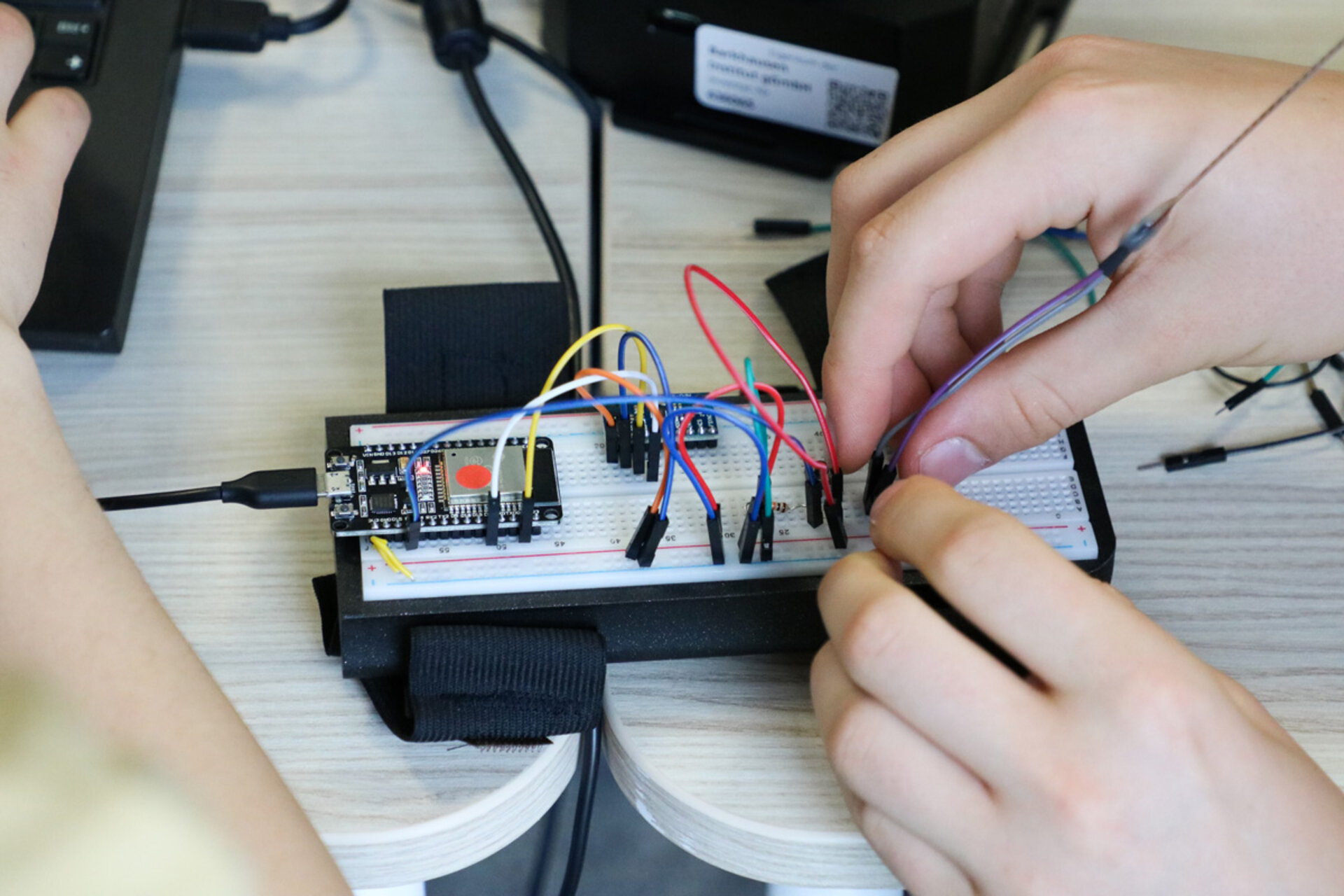
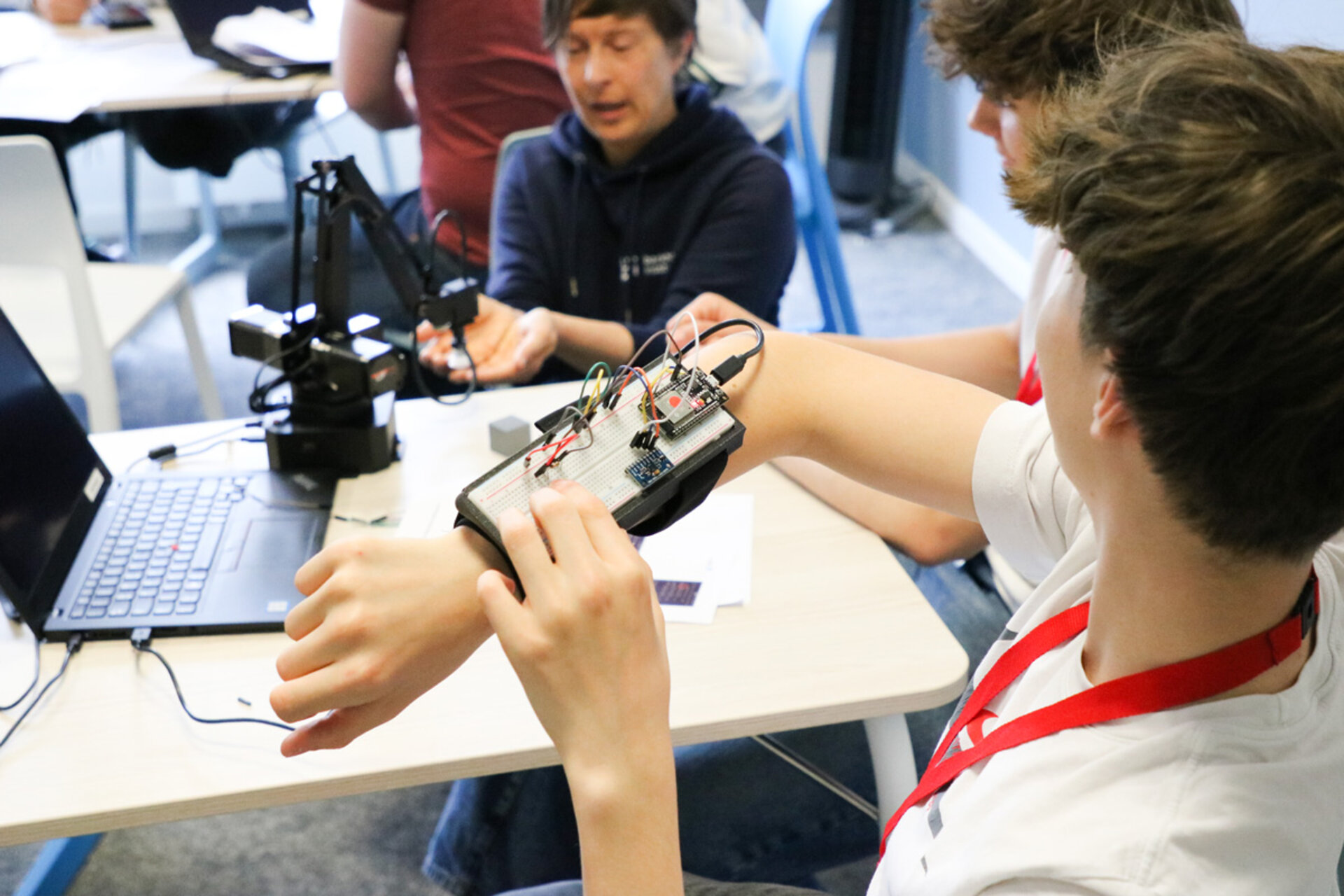

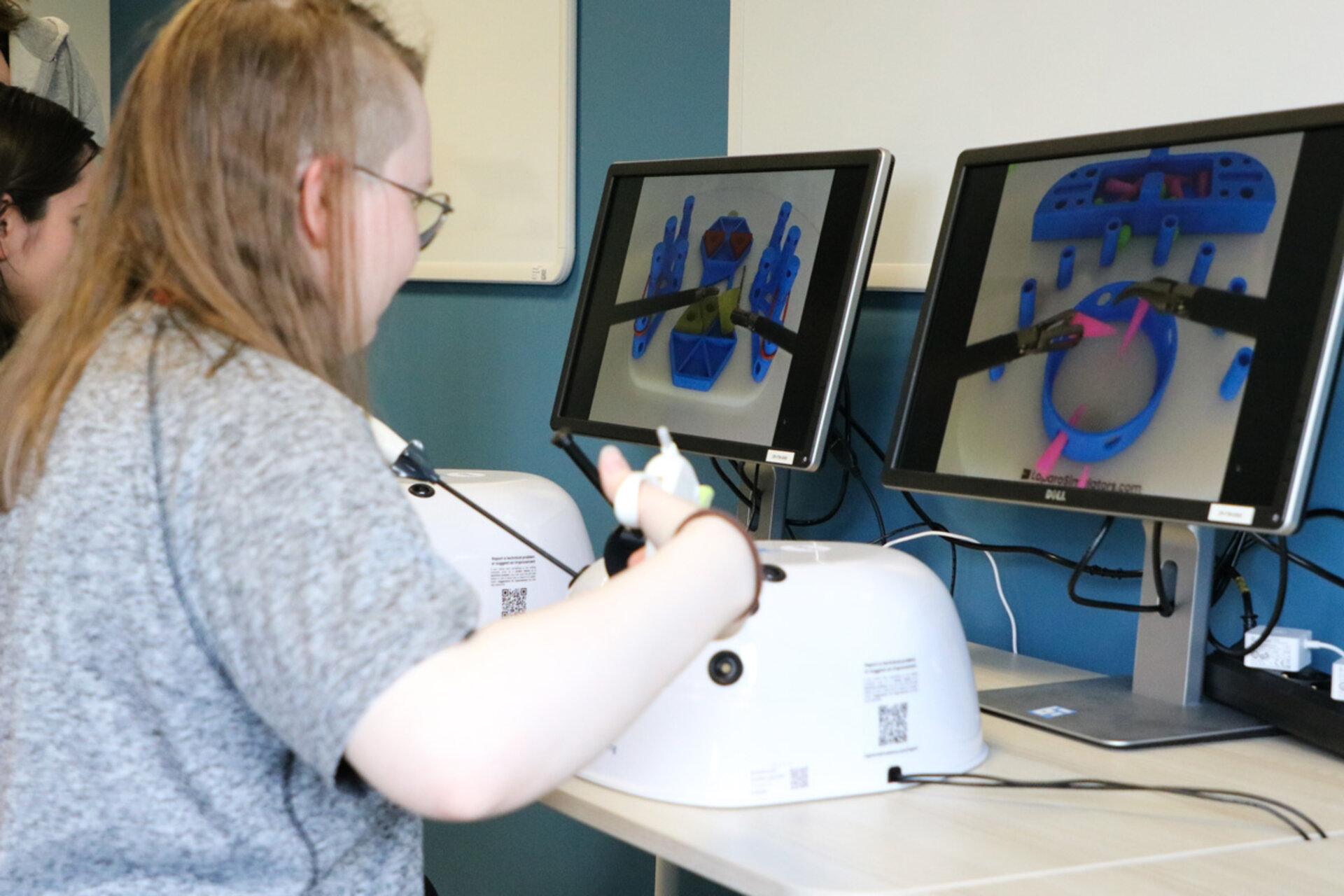
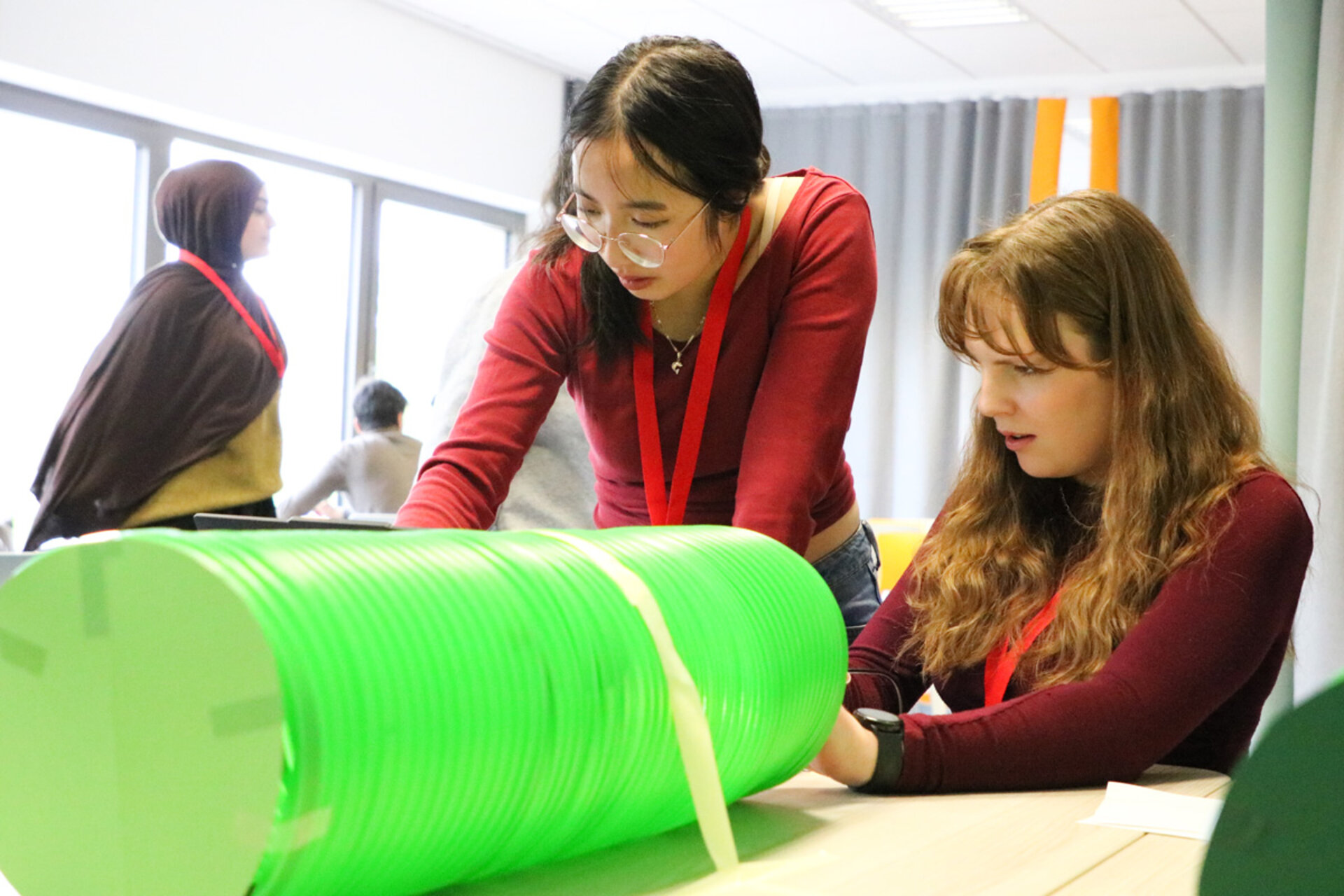
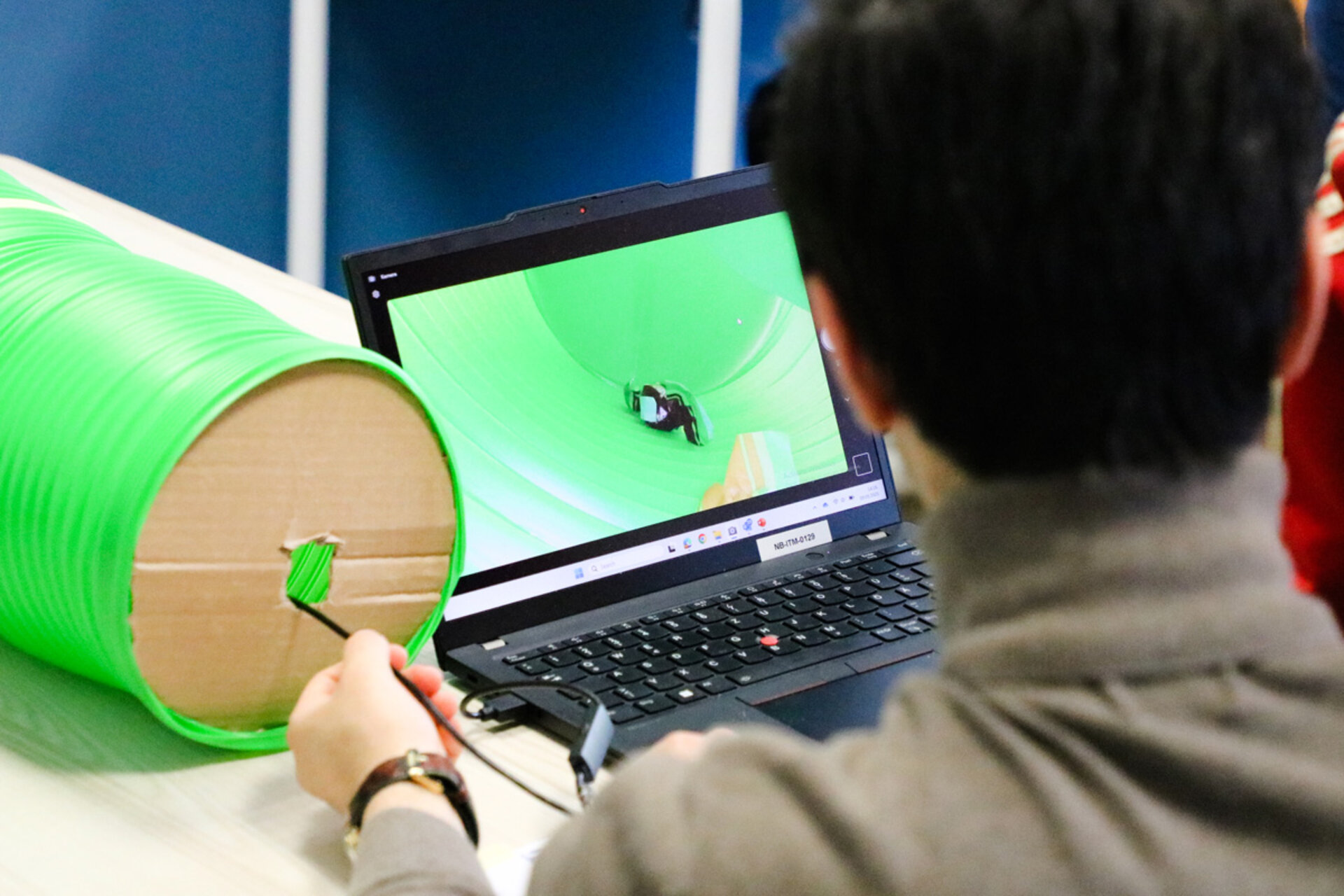
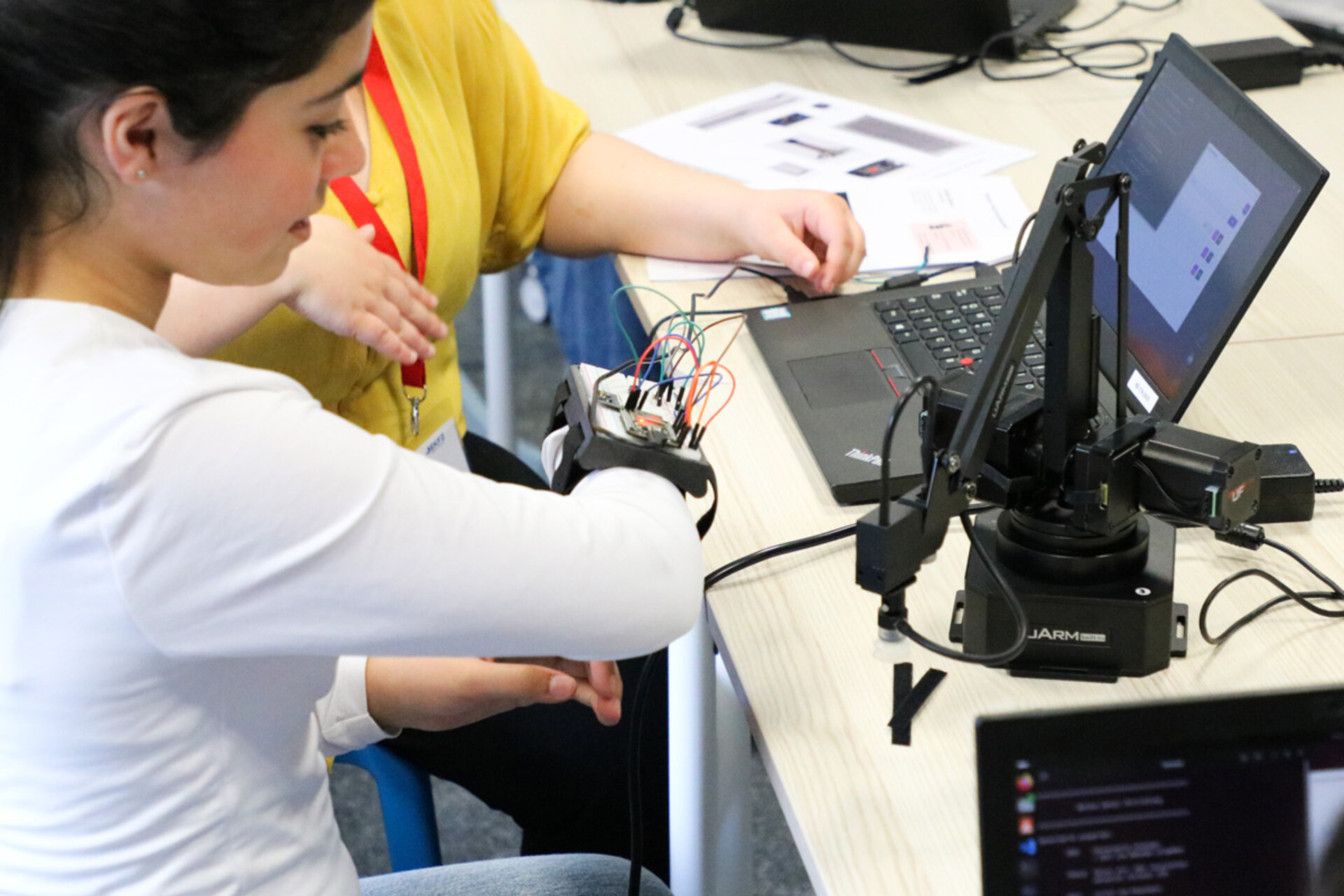
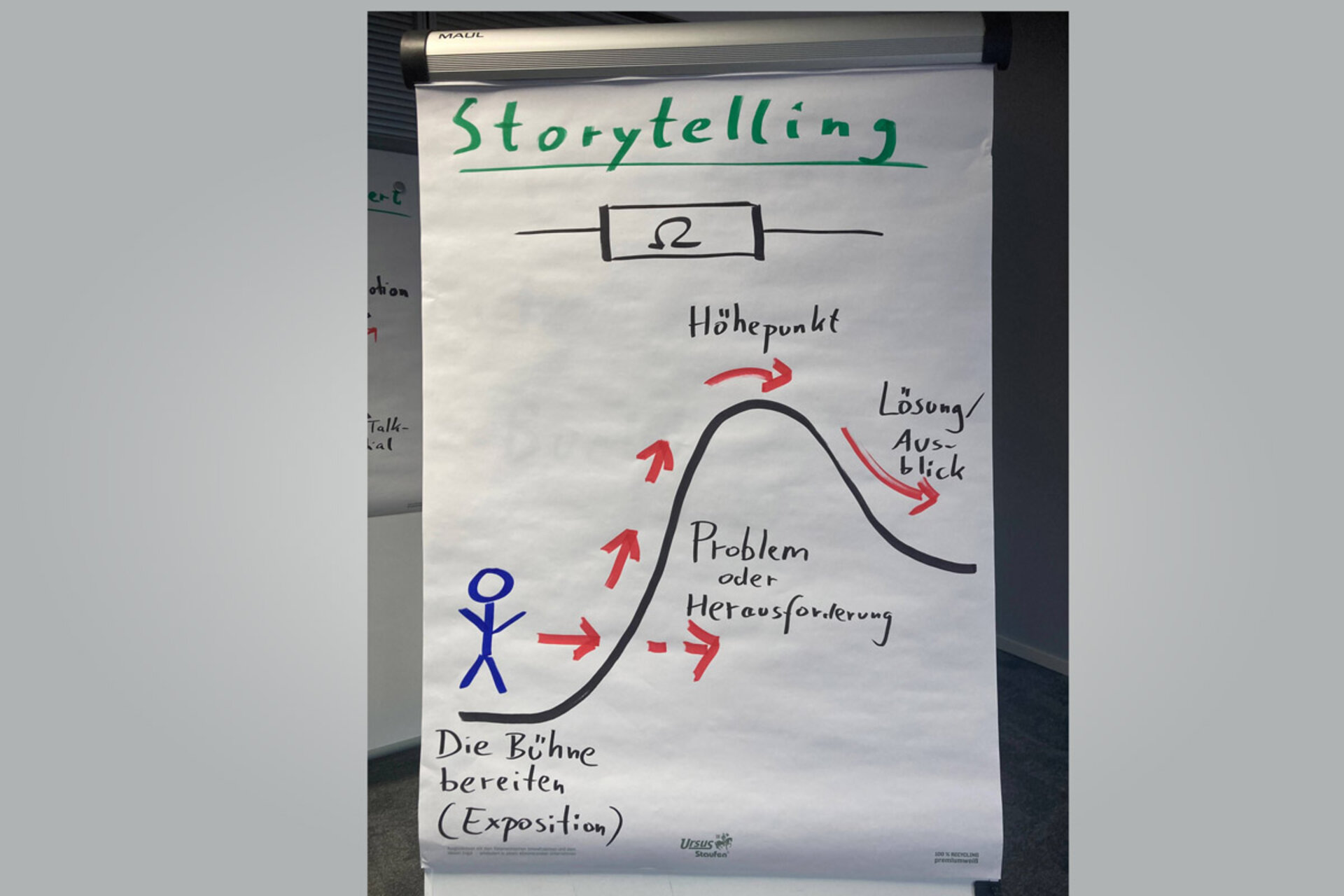
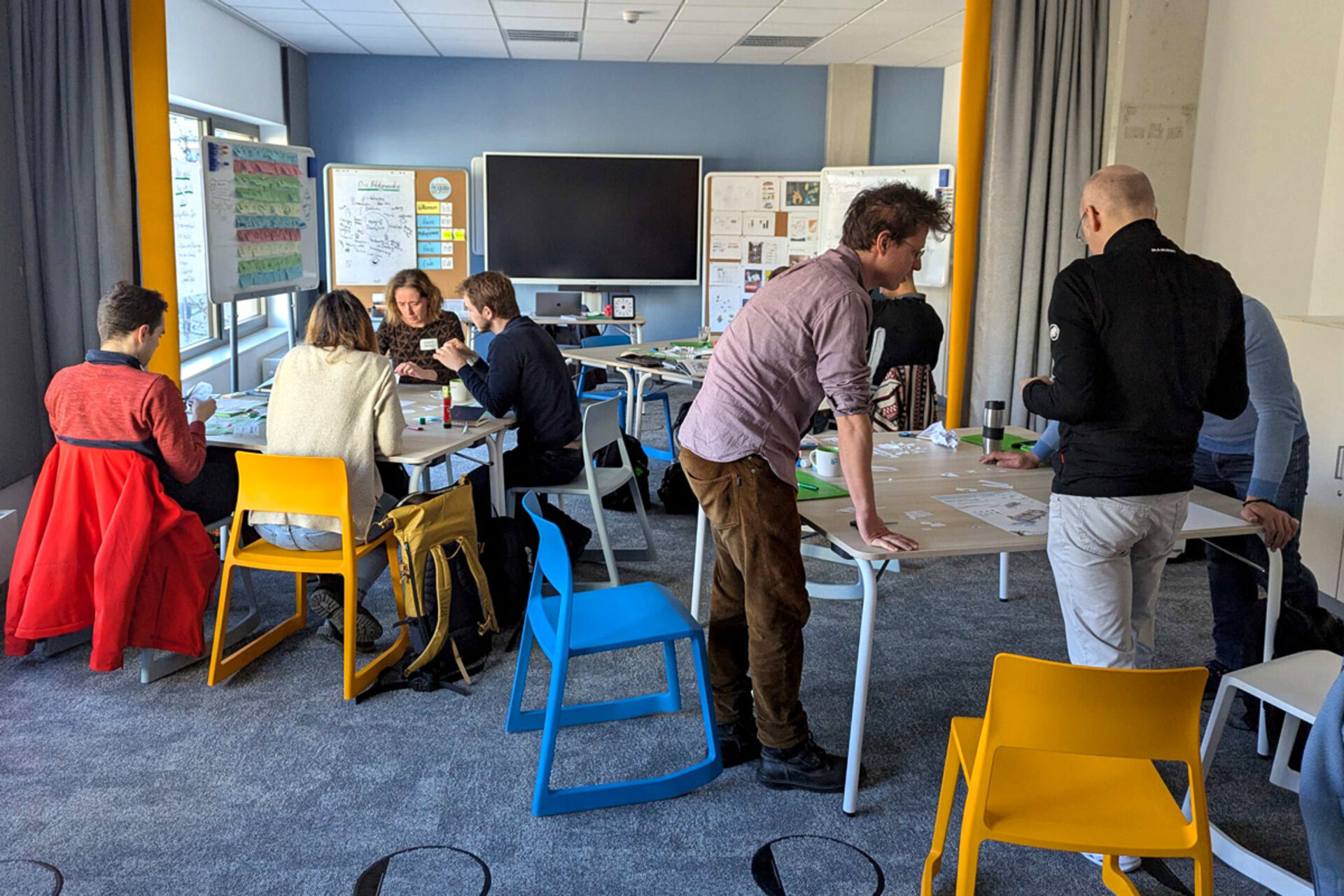
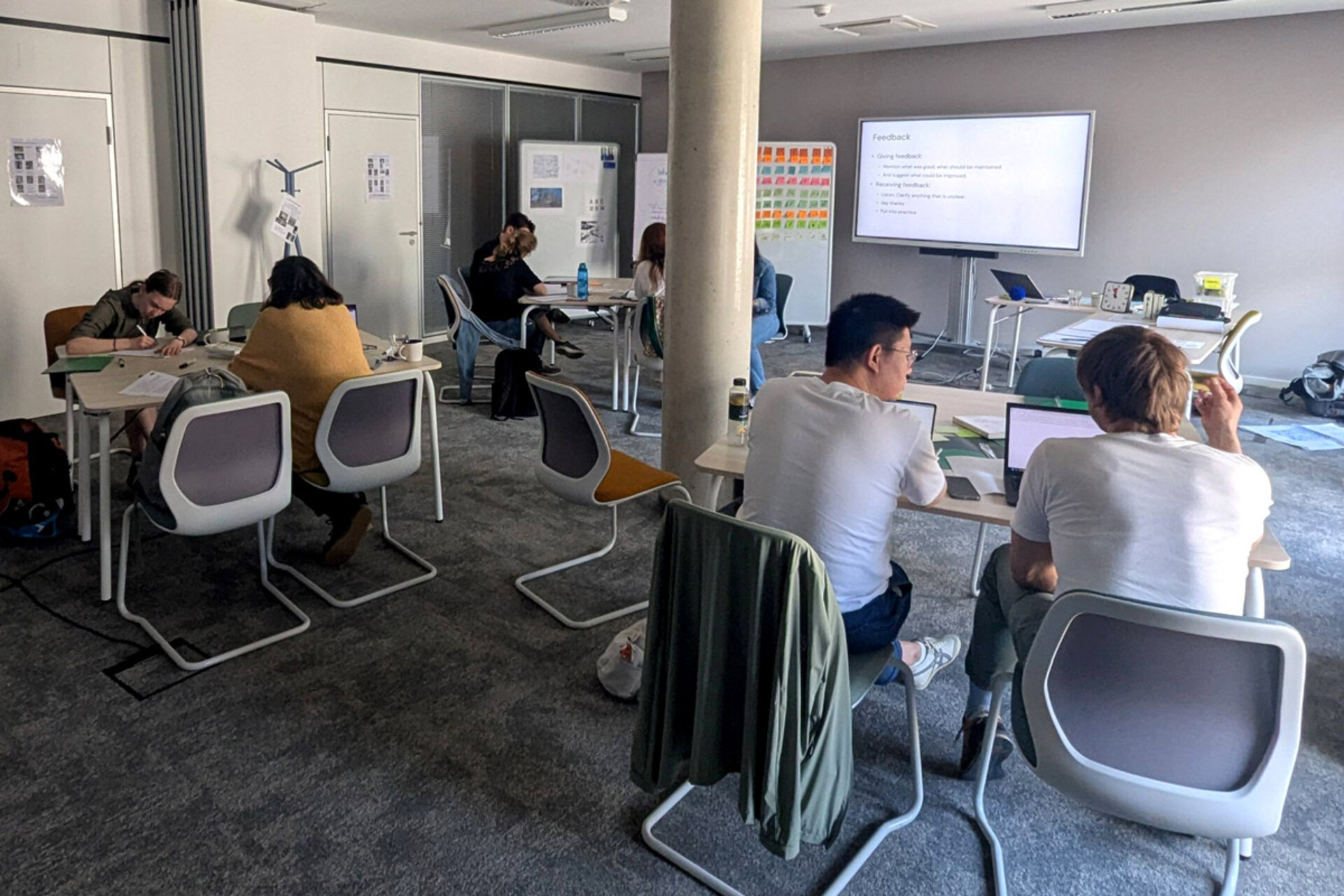
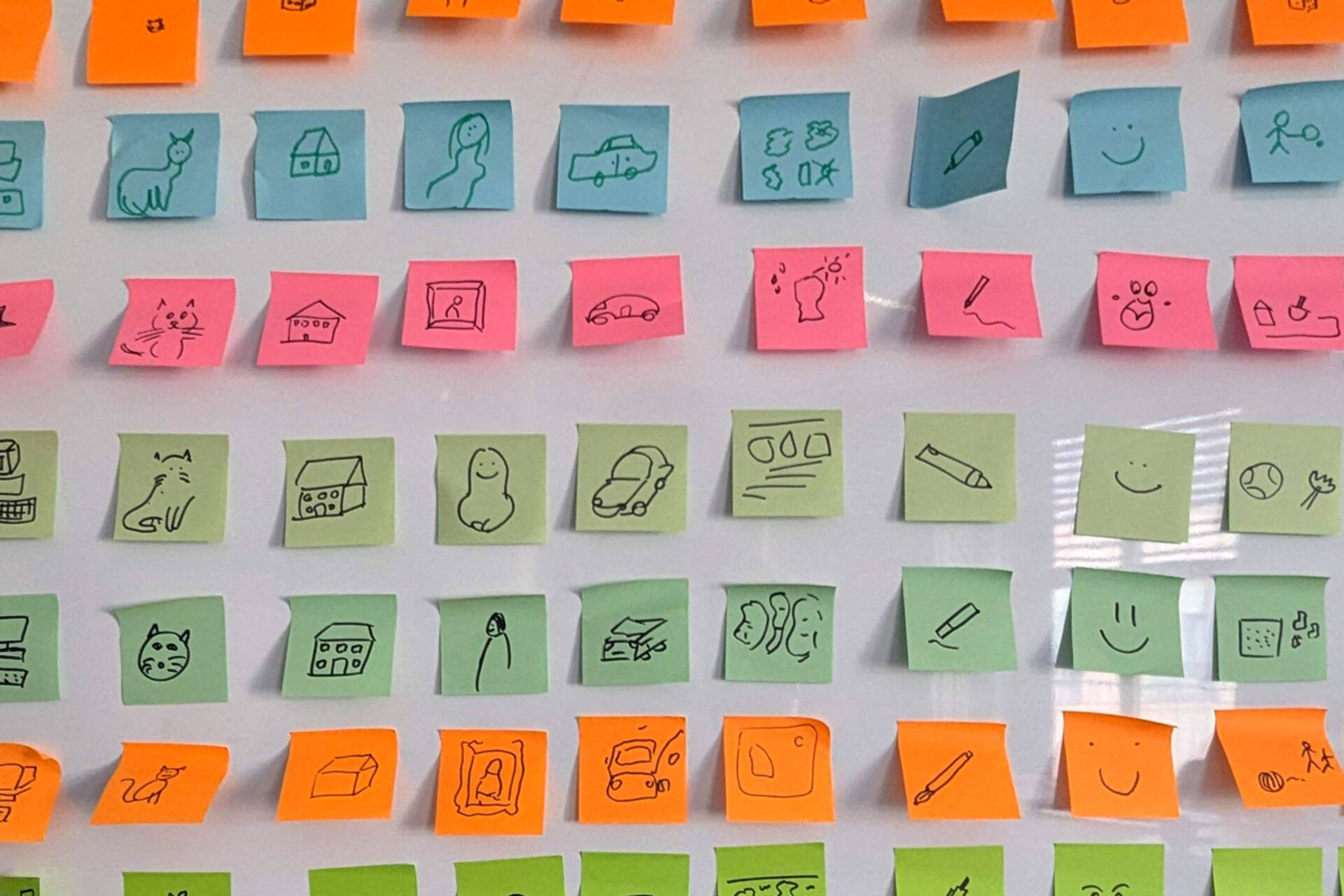

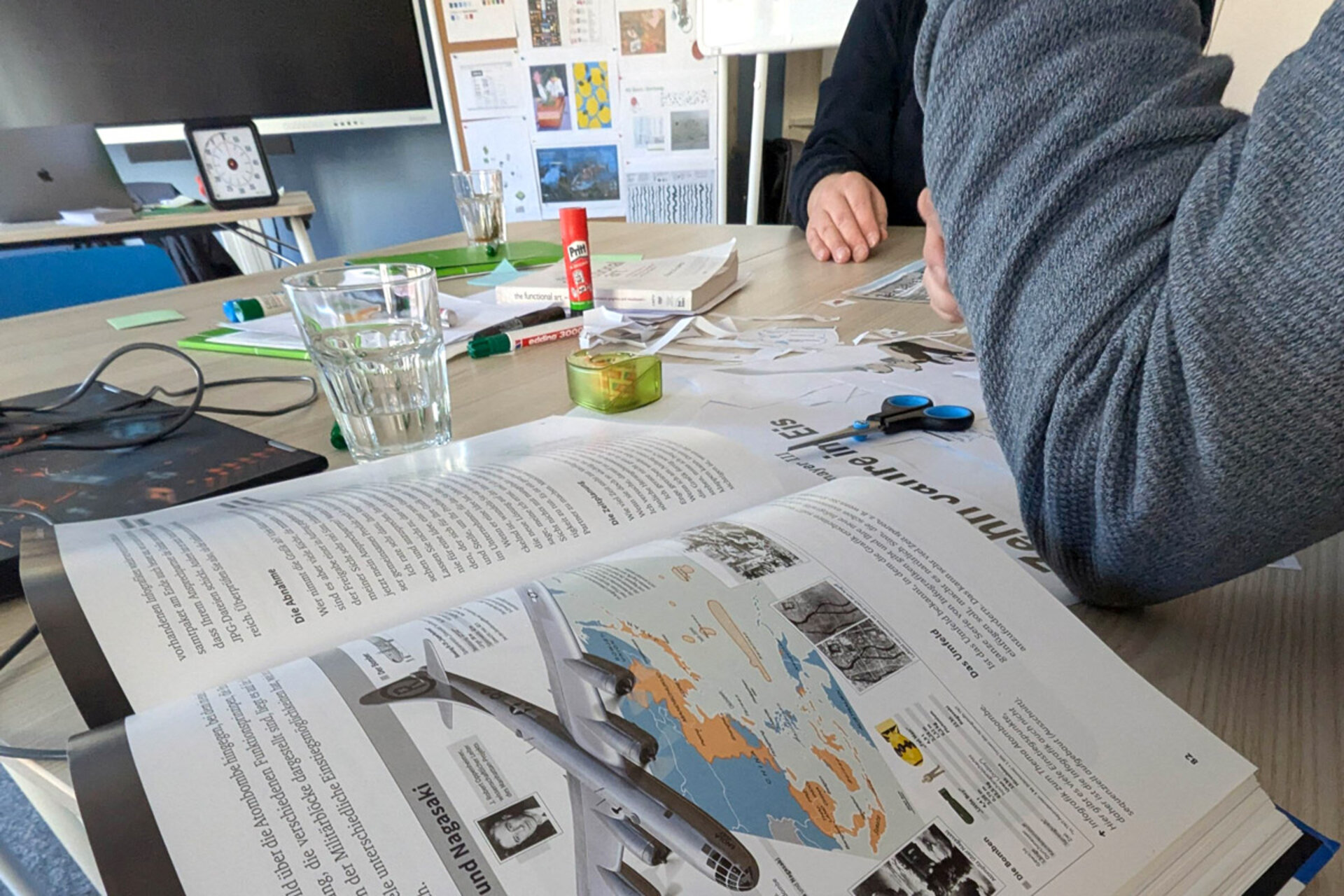
It's important for the public to understand advances in medical techniques so they can trust new technologies. Barkhausen Institut would like to impart the necessary knowledge for this, reduce prejudices and increase interest in medical technology. To this end, a qualification program for researchers is being developed and implemented as part of the cross-sectional project "Economic Transfer and Science Communication,” and a learning laboratory is being set up to enable exchange with high school students and the general public.
Project duration: 2023 - 2026
Cooperation partners: Startup-Service dresden|exists and HighTech Startbahn (HTSB) of TU Dresden, Else Kröner-Fresenius Center for Digital Health at the Medical Faculty of TU Dresden, Silicon Saxony e.V.
Contact: Sabine Schmidt (Project Management and Qualification Program, sabine.schmidt@barkhauseninstitut.org), Dr. Judith Flurer (Learning Lab, judith.flurer@barkhauseninstitut.org)
In Dresden, the academically and industrially leading location for microelectronics, communications engineering and explainable AI (Artificial Intelligence), the Future Cluster offers ideal conditions for innovative and sustainable collaboration in the environment of Barkhausen Institut, Technische Universität Dresden, Else Kröner Fresenius Center for Digital Health and the 5G++Lab Germany. A key strength of the future cluster lies in the primarily, but not exclusively, regional bundling of scientific excellence of leading research and industry partners.
SEMECO is one of the winners of the BMFTR Clusters4Future competition. In this competition, the Federal Ministry of Research, Technology and Space supports excellent, predominantly regional networks. In the second round of the competition, SEMECO (Secure Medical Microsystems and Communications) was selected by an independent jury of experts as one of seven winners from 117 submissions. The first of up to three possible implementation phases will start in May 2023, and SEMECO will receive funding of up to €15 million for an initial project duration of three years. The project term can be extended to up to nine years with correspondingly increased funding. SEMECO is coordinated by Prof. Dr.-Ing. Gerhard Fettweis (spokesperson) and Prof. Dr. med. Jochen Hampe (vice spokesperson).
Further information can be found on the official website of the SEMECO future cluster.
